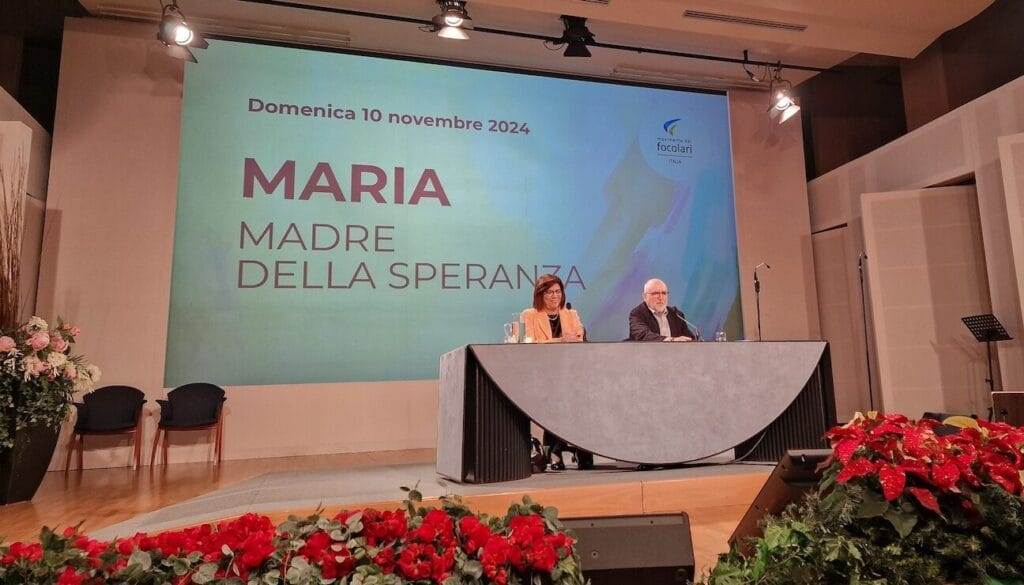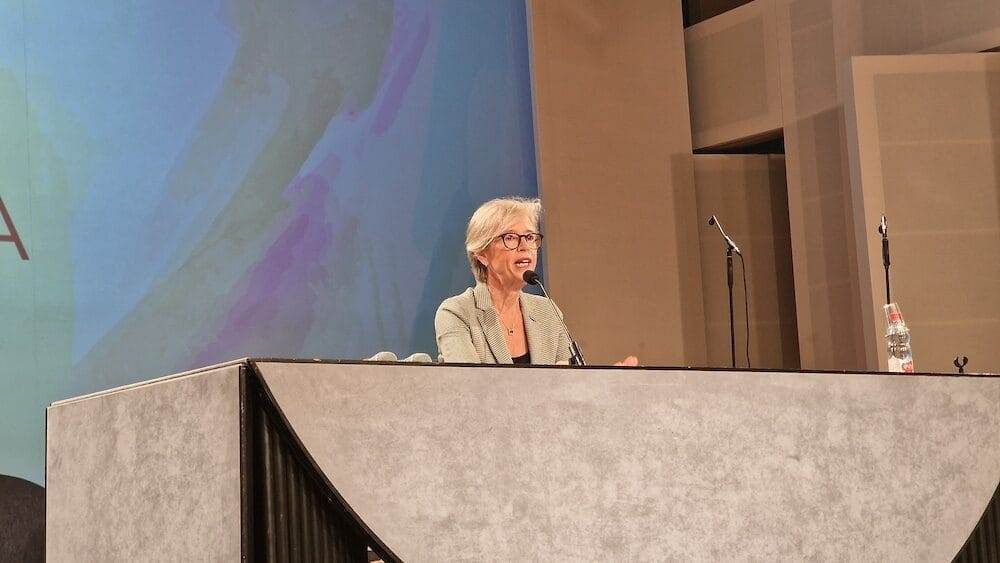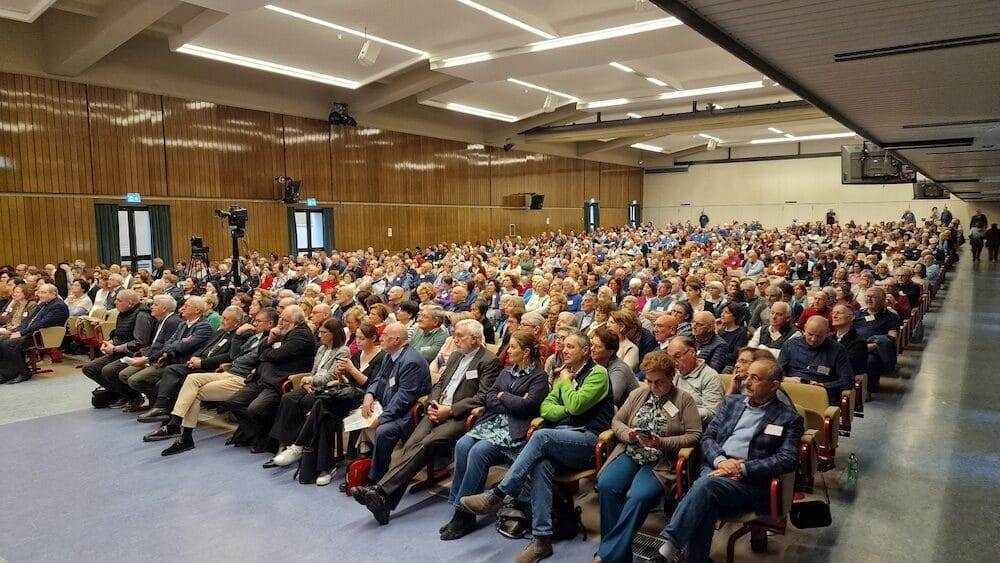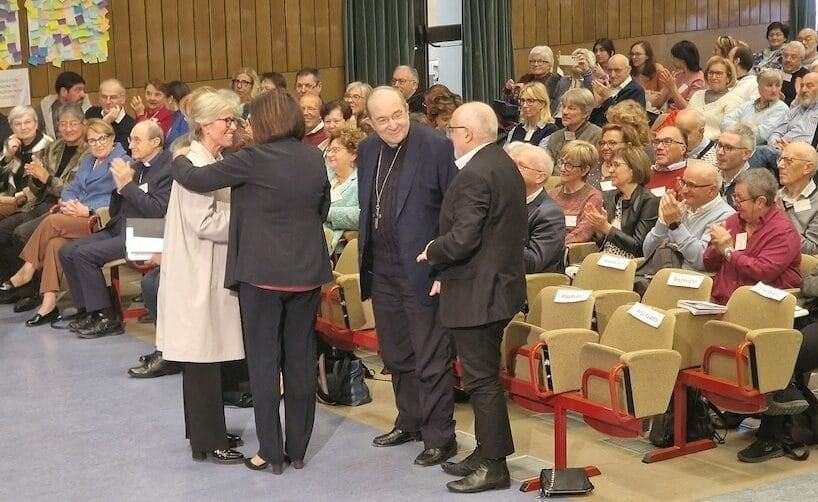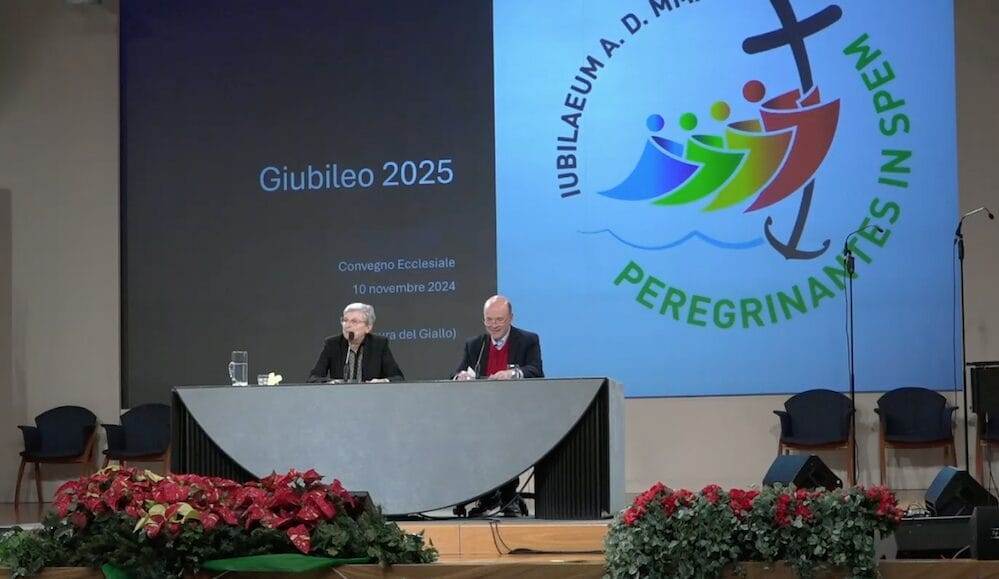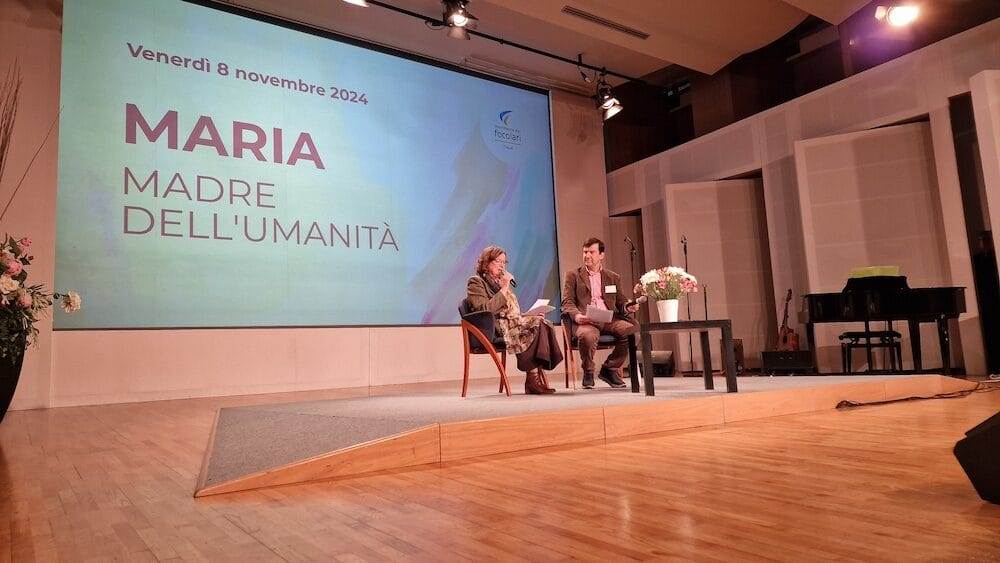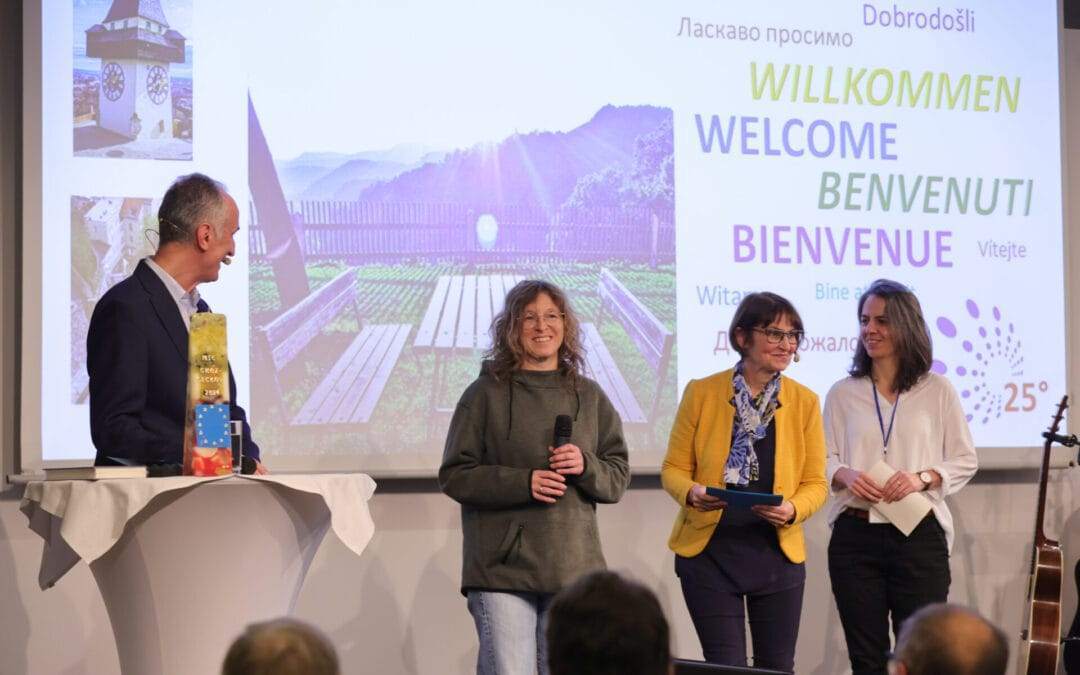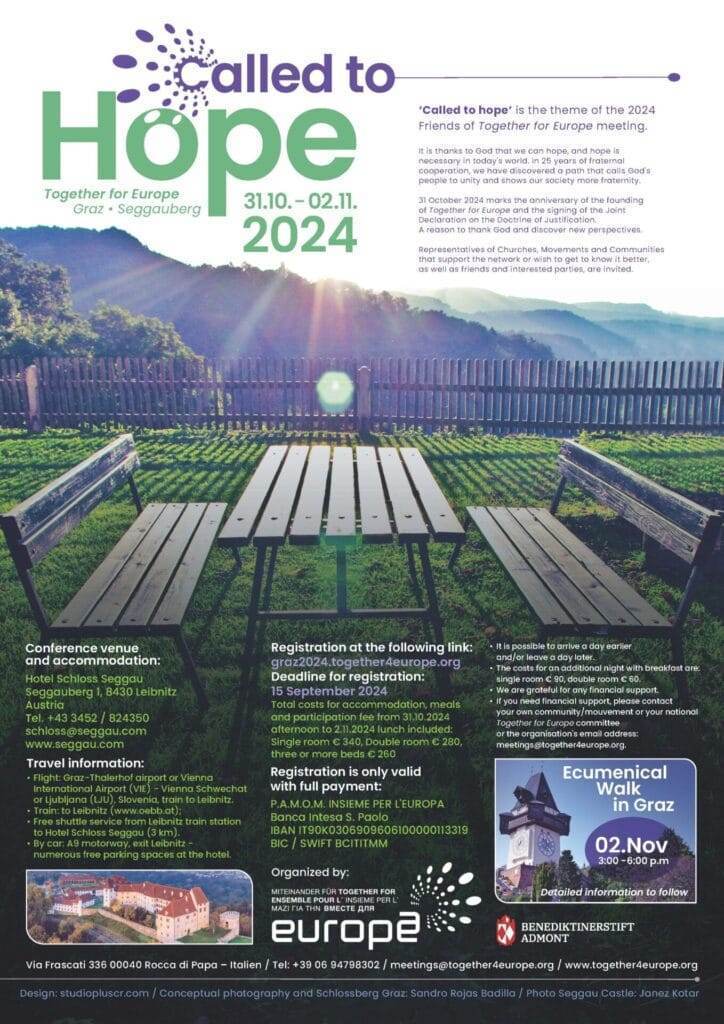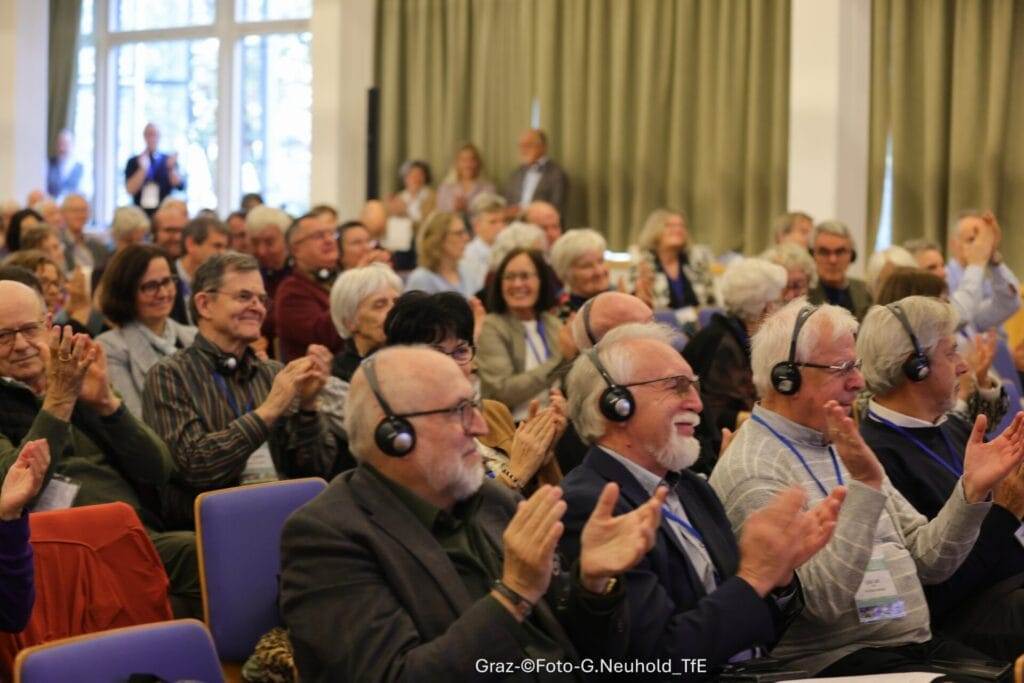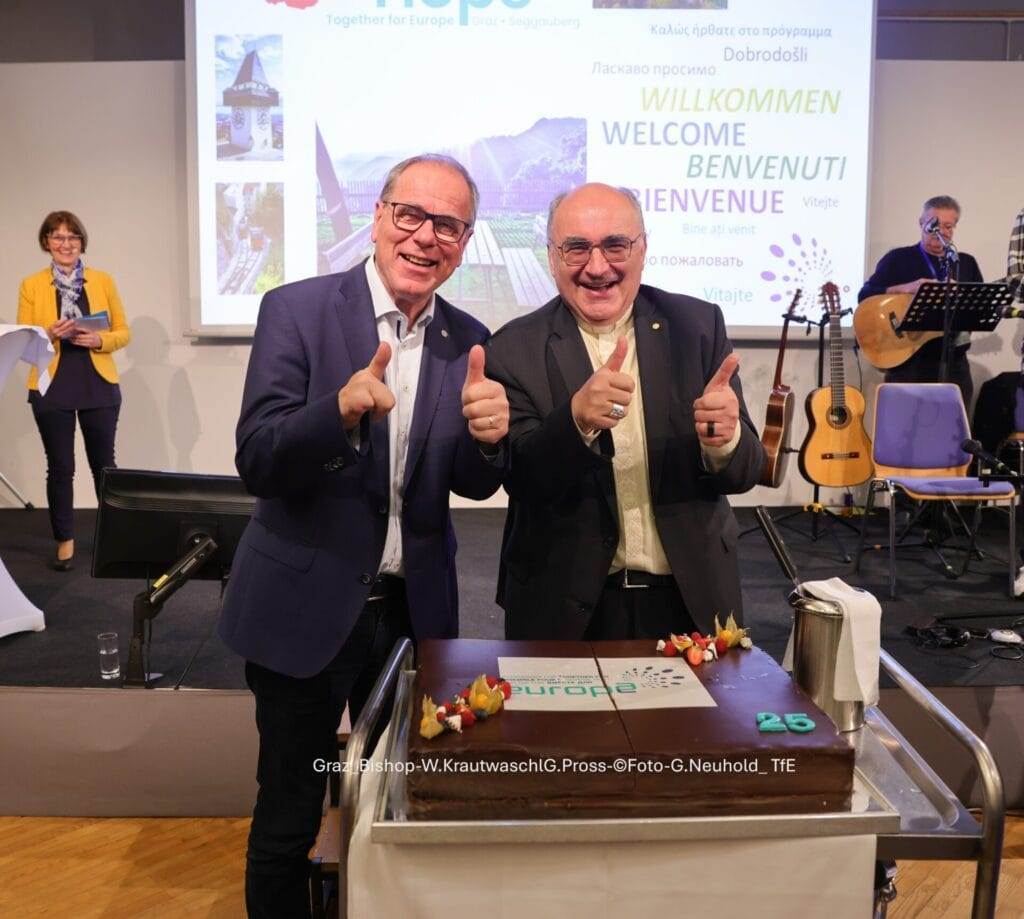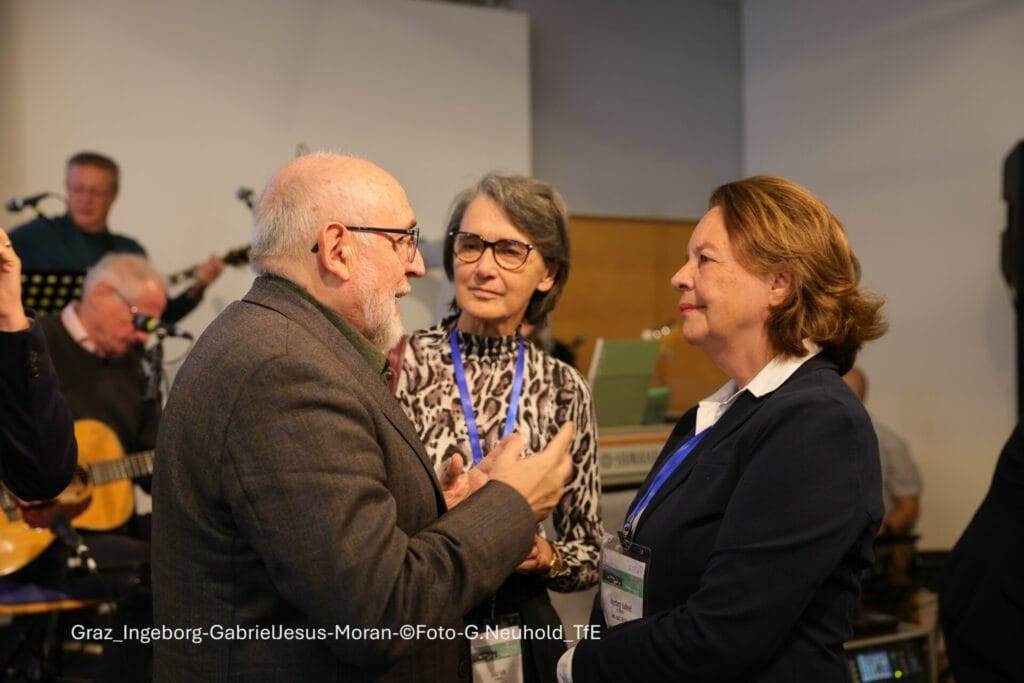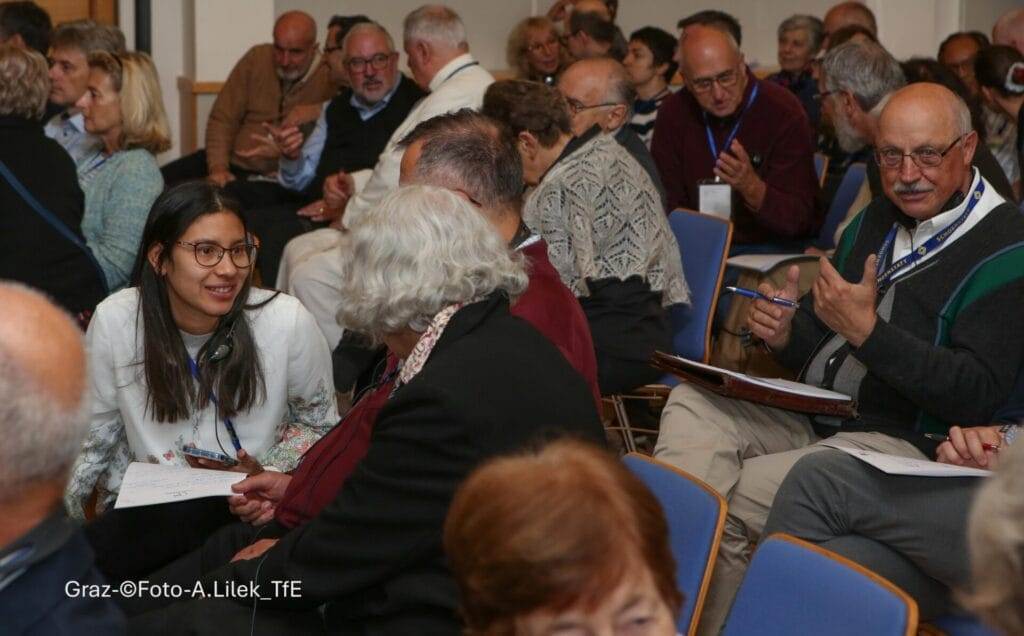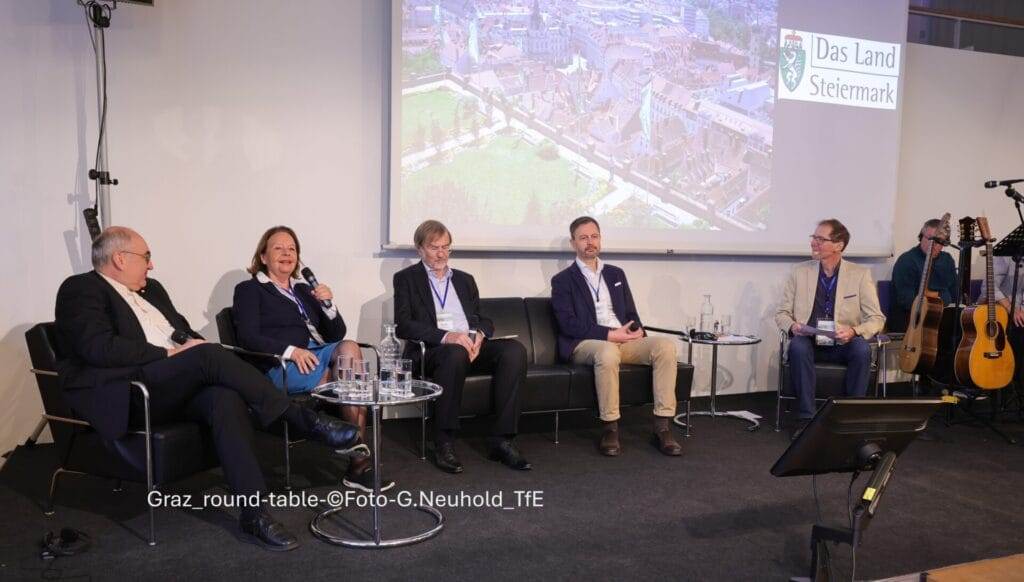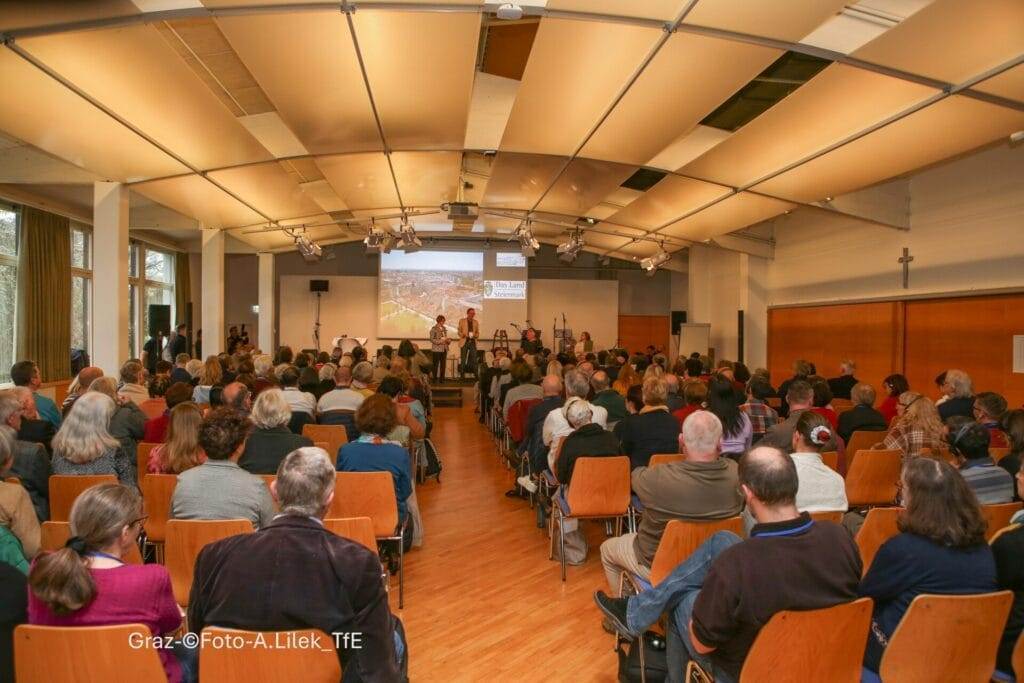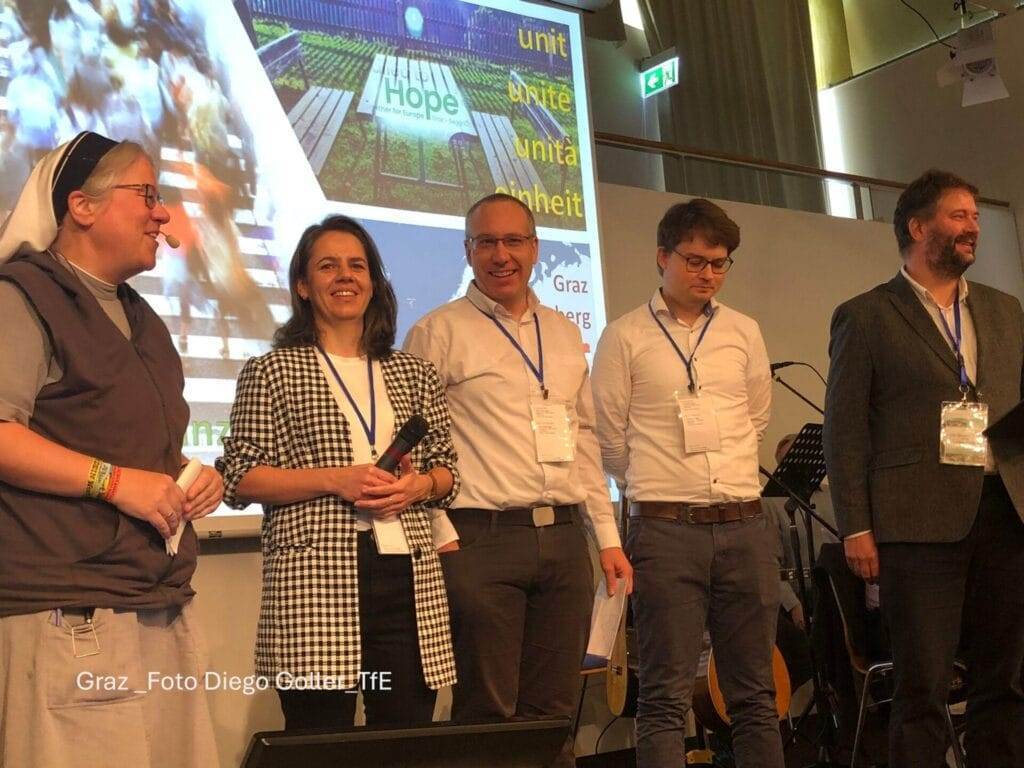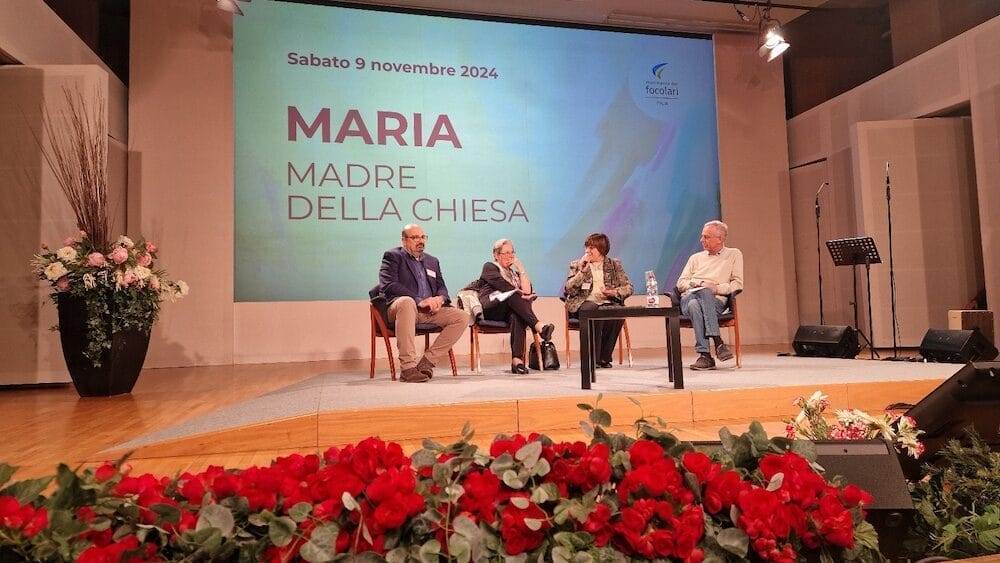
Church, face of hope
Experiencing the Church in its community dimension through the synodal method. This was one of the messages that emerged from the ecclesial convention organized by the Focolare Movement of Italy and Albania that was held in early November at the Mariapolis Center of Castel Gandolfo in Italy. An event that was attended by about a thousand people, of different ages and vocations, who adhere to the spirituality of the Focolare Movement, but also representatives of other associations.
Cristiana Formosa and Gabriele Bardo, Focolare leaders in Italy and Albania highlighted the path taken so far together with other groups of the Italian Church. It all stemmed from “a deep dialogue that grew over time, between priests and laity; a working together, people from all the branches of the Work of Mary (or. The Focolare Movement); a growing appreciation of all those who work in various capacities in the local church and in diocesan and national bodies. […] We feel that in recent years this sensitivity has grown a lot within the Movement, and both at the national and local levels there is much more collaboration with other Movements and Church Associations.”.
On the first day, Prof. Vincenzo Di Pilato, professor of Fundamental Theology and Academic Coordinator of the Centro Evangelii Gaudium emphasized (text) the figure of Mary as Mother of God and Mother of humanity, highlighting the Trinitarian root of the incarnation and Mary’s social dimension.
This was followed by Card. Giuseppe Petrocchi who deepened the reality of being church today, emphasizing how one needs to have a value compass to understand how to move, what church to be and how to be church. One must study and love the sociocultural context of the area in which one acts as well as being attentive to signs of the times: what the Lord is asking of us today.
Space then was given to various experiences on educational projects aimed at marginalized people, on the new generations, universal fraternity, the option for the “poor” for an inclusive synodality.
The second day was enriched with the presence of Dr. Linda Ghisoni, Under secretary of the Dicastery for the Laity, Family, Life, who brought greetings and encouragement from the Prefect of the Dicastery Card. Kevin Joseph Farrell. Dr. Ghisoni delivered a meditative reflection entitled “Marian dimension: a Church with a synodal face”. By retracing Mary’s life, she affirmed that we too must “trust God who is faithful. It’s up to us, far from all self-driven triumphalism, to be present in the face of the toughest situations in our society, in our family, in our movement. We should not be ashamed if we seem to belong to a group of failures, if we have people among us who are weaklings, and we should welcome the call to an ever-new generativity, proclaiming with closeness, care, listening, with intelligence, attention and dialogue, that God is faithful, is close, is merciful.”.
And she recalled the words that Cardinal Farrell addressed to the Focolare Movement on the 80th anniversary of its birth: “The ideal that Chiara (Lubich) transmitted to you remains ever relevant, even in today’s secularized world which is so different from that of when the Movement began. Your charism contains in itself a great life giving energy, but as the Holy Father often says: ‘it is not a museum piece… it needs to come into contact with reality, with people, with their anxieties and problems. And so, in this fruitful encounter with life, the charism grows, is renewed, and also reality is transformed, is transfigured through the spiritual force that such a charism brings with it.’”
With Marina Castellitto and Carlo Fusco the topic on the universal call to holiness was explored further through the figures of some Focolare members for whom the cause of beatification has been initiated.
This was followed by the experience of the Social Week of Italian Catholics held in Trent in July 2024. “Those days were an experience of listening and deepening the here and now of our time: questioning us about our being a community of believers in the larger ecclesial community and therefore politics as a history and network of human relationships,” stated Argia Albanese president of the Political Movement for Unity (Mppu) Italy.
The day continued with the experience of the National Council of Lay Aggregations (CNAL) in the presence of secretary Dr. Maddalena Pievaioli. The Council is the place where they live their relationship with the Italian Episcopate in a unified form, offering the richness of their associations and actively welcoming its programs and pastoral indications. The wish is that we can increasingly spread this reality within the Associations.
We concluded with the sharing of some best practices such as the Evangelii Gaudium Center, the experiences of the Diocesan Movement of Pesaro and Fermo, and insights on ecumenical and interreligious dialogue, dialogue with people of nonreligious beliefs, and dialogue with the world of culture.
Present on the last day were Margaret Karram and Jesús Morán, President and Co-President of the Focolare Movement. Margaret talked about her recent experience at the synod as one of nine specially invited guests. “The Synod, with its 368 participants, including bishops and laity, of whom 16 were fraternal delegates from other Christian Churches, offered us a perfect example of the universal dimension of this hope,” Margaret said. “We came from 129 nations and each of us was a bearer of our own experience of peace, of war, of poverty, of prosperity, of migration, of joys and sorrows of all kinds. So I would say that the first message, perhaps the most important, is the deeply missionary dimension of the Synod. […] And the first lesson we learned is: walk together, witness together, we need each other. The second lesson was the spiritual practice of discernment that requires: inner freedom, humility, mutual trust, openness to newness.” (…) Our responsibility is “to become bearers of synodality in every sphere: the ecclesial one in primis (first place), Just think of how many of us, and here you will be many! are engaged in our own local Church. But, we members of the Work of Mary, we cannot limit ourselves only to this sphere, we are a lay Movement and this lay characteristic is essential, it comes from the Charism and we cannot lose it. The Synod has stressed on many occasions that we must ‘widen our tent’ to include really everyone, especially those who feel outside.”
Jesús Morán gave a meditation-reflection on being a Church of Hope today. “Hope,” he said, ”makes us overcome fear. Hope must be united with faith and love, the three sisters of the theological life. Hope is a communal virtue; it frees us from the isolation of anguish and launches us toward ‘us’; an ‘us’ that becomes concrete love for our brother.”.
Link ai video
Lorenzo Russo
Photo: FocolarItalia
